Teachers in UK to go on strike as union prepares to announce ballot results
Teachers in England and Wales are expected to go on strike next month, joining several other public sector workers who have walked out en masse in a dispute with the government over pay and working conditions.
The teachers have expressed readiness for industrial action as the result of a ballot belonging to the National Education Union (NEU), the UK’s largest teaching union, which is due to be announced on Monday.
The NEU called for a “fully funded, above-inflation pay rise” following a decade of eroded wages, after a strike ballot by a different teachers' union fell short of the required turnout threshold.
The Sunday Times, citing union sources, has already reported that members had voted to back strikes beginning in February.
If teacher strikes are confirmed on Monday, it would likely intensify the walkouts that are already disrupting swathes of the British economy.
The latest development comes as the Royal College of Nursing (RCN) union has warned that its member’s next round of strikes could be more severe, with double the number of nurses in England to walk out in early February unless a resolution is found.
Nursing staff from more than 50 NHS trusts in England are set to take industrial action on Wednesday and Thursday, as will bus drivers at Abellio Group, a major transport operator in the UK, and thousands of workers at the Environment Agency.
Train strikes have also crippled transport networks and ambulances workers have on two dates so far refused to respond to all but the most serious calls.
During the past months, the UK has been grappling with its biggest strike wave for decades, with airport baggage handlers, border staff, driving instructors, bus drivers, and postal workers walking off their jobs to demand higher pay.
The wave of paralyzing strikes came after the workers’ demands for a pay increase were rejected by the government, as the government has offered civil servants a 2%-to-3% pay raise and says it cannot afford high increases that match the soaring inflation, and even if it could, such monetary increases would further fuel inflation.
In reaction to the dispute, the government is set to unveil strike legislation in the near future to contain industrial actions in its key sectors, forcing the staff to maintain a basic level of services during strike time or face dismissal.
Venezuelan military stands with acting president after US kidnapping of Maduro
VIDEO | Press TV's news headlines
VIDEO | Protesters in Toronto slam US kidnapping of Venezuelan president
Israeli troops detain, intimidate Palestinian toddler in West Bank
Iran says its investments in Venezuela face no major risk
Make ‘right decision’ or face more US pressure, Rubio tells Venezuela’s Rodriguez
VIDEO | General Soleimani honored in Kashmir, Kargil
US, Israel waging ‘soft warfare’ to destabilize Iran after June defeat: Top general


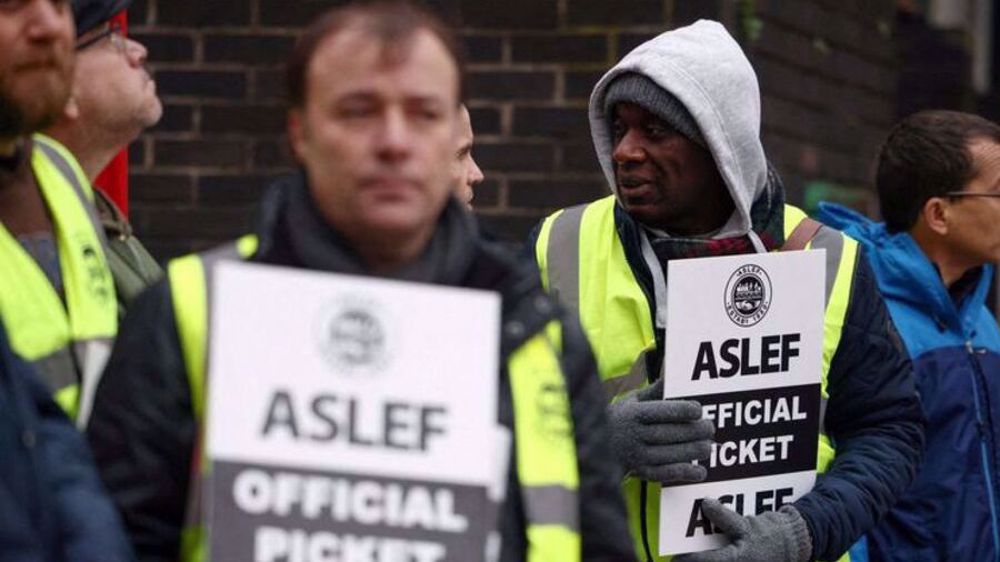
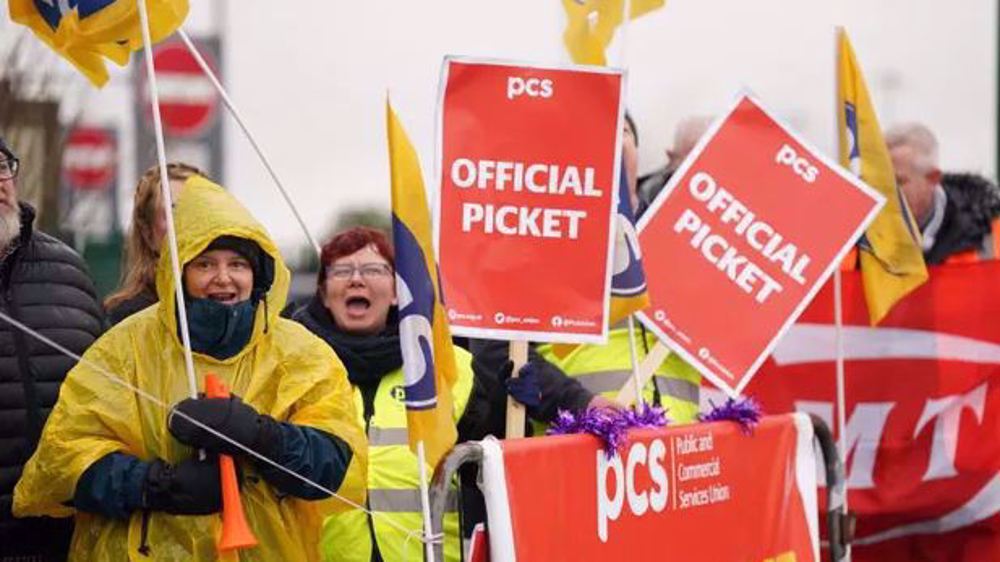
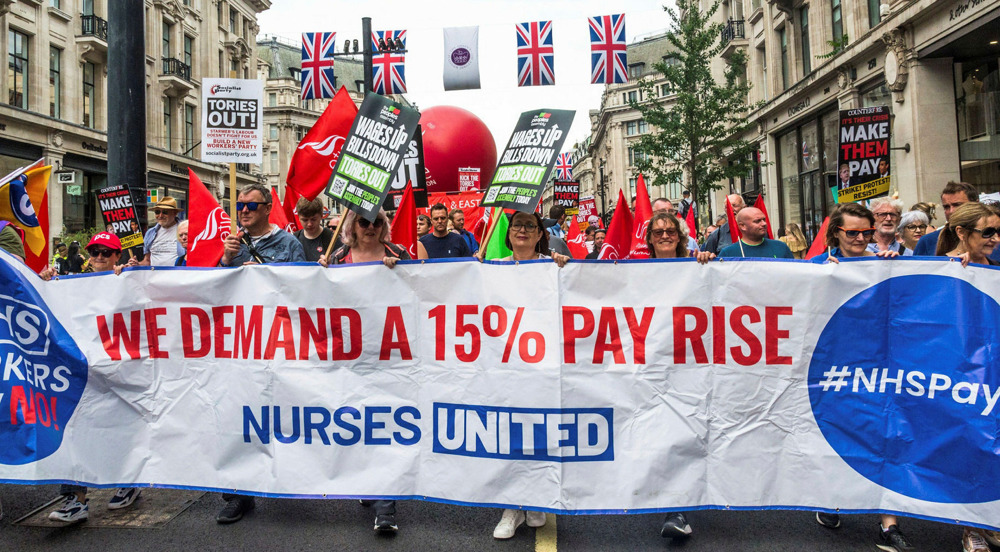
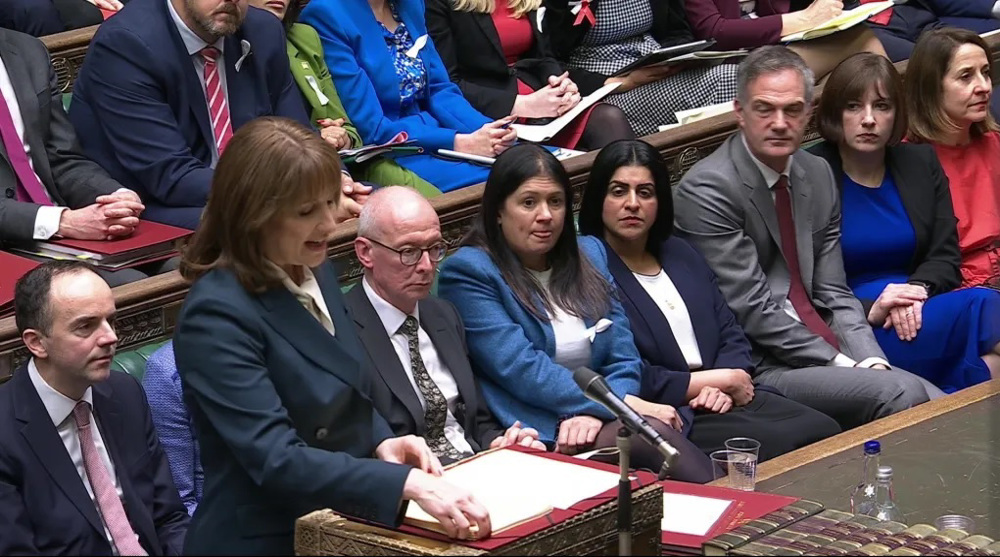





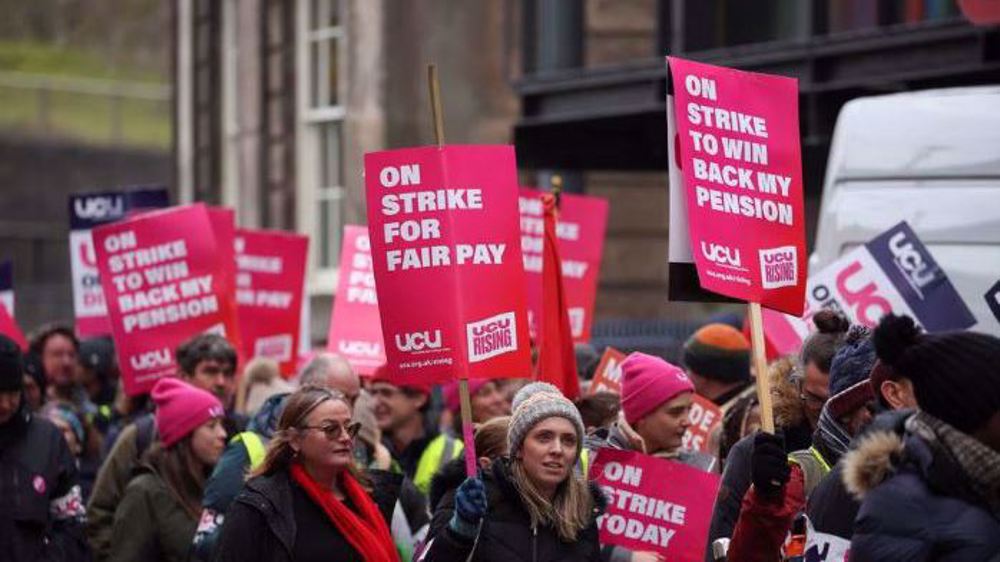
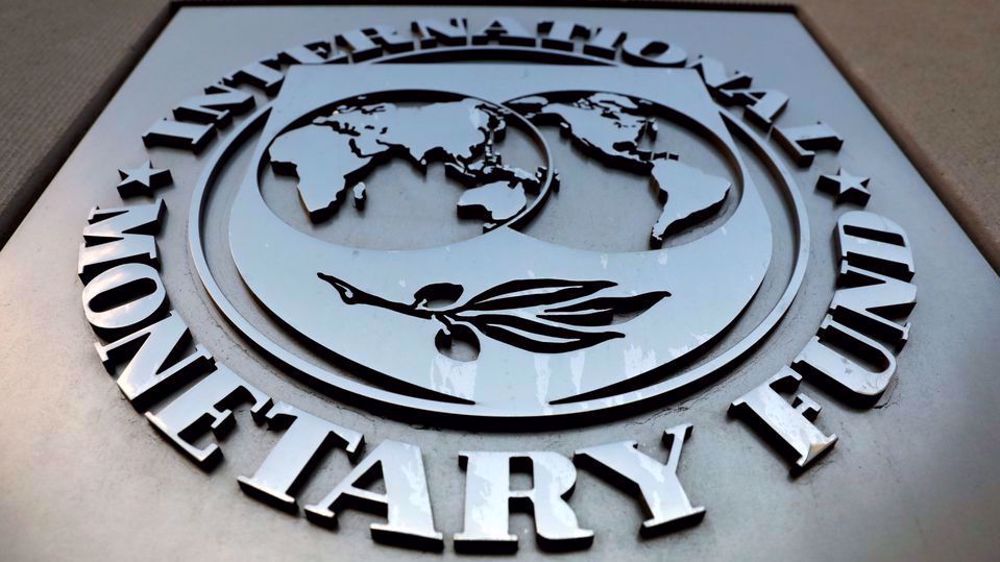

 This makes it easy to access the Press TV website
This makes it easy to access the Press TV website